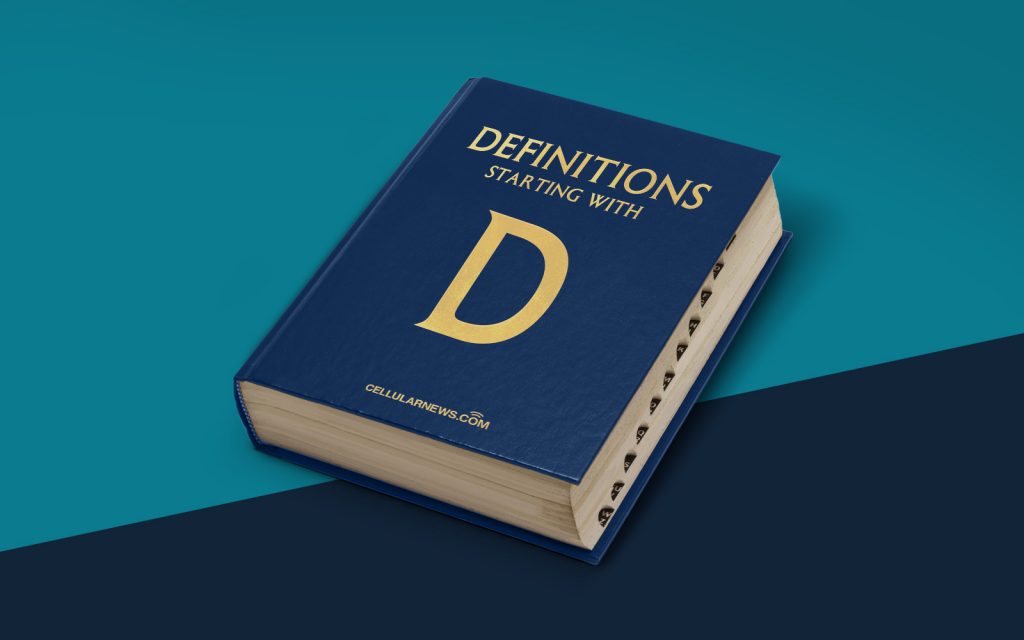
What is a Decentralized Autonomous Organization (DAO)?
Welcome to the “Definitions” category on our page! In this blog post, we will explore the concept of Decentralized Autonomous Organizations (DAOs) and what they mean in the world of blockchain and cryptocurrency.
Now, you might be wondering, “What exactly is a Decentralized Autonomous Organization (DAO)?” Great question! A DAO is an organization that operates through smart contracts on a blockchain network, allowing for decentralized decision-making and governance. In simpler terms, it is an organization that is run by code and operates without the need for a central authority or human intermediaries.
Key Takeaways:
- A DAO is a decentralized organization that operates through smart contracts on a blockchain.
- It eliminates the need for a central authority and allows for decentralized decision-making.
So, how does a DAO actually work? Well, imagine a traditional organization with a board of directors, shareholders, and employees. In a DAO, the roles of these traditional entities are replaced by smart contracts, which are self-executing contracts with predefined rules and conditions.
A DAO typically has a set of rules encoded into the smart contracts, which define how it operates. These rules can include voting mechanisms, fund allocation, and decision-making processes. Once these rules are set, the DAO becomes autonomous and operates according to the predefined parameters.
One of the key advantages of a DAO is its transparency. Since everything is recorded on a public blockchain, the decision-making processes and transactions are visible to anyone who wants to audit them. This transparency helps to build trust among the participants and ensures accountability.
Moreover, a DAO allows for a more inclusive and democratic decision-making process. Anyone who holds the native tokens of the blockchain network can participate in the governance of the DAO by voting on proposals or contributing to the development of the organization. This democratization of decision-making is one of the fundamental principles behind DAOs.
However, like any emerging technology, DAOs also come with their own challenges. One of the main concerns is the potential for malicious actors to exploit vulnerabilities in the code or manipulate the decision-making process. Additionally, the lack of legal frameworks and regulations surrounding DAOs can pose legal and regulatory risks.
In conclusion, Decentralized Autonomous Organizations (DAOs) are revolutionizing the way organizations are governed and operated. Through the use of smart contracts and blockchain technology, they enable decentralized decision-making and transparency. While there are challenges to overcome, DAOs have the potential to reshape traditional organizational structures and empower individuals to participate in a more inclusive and democratic manner.
